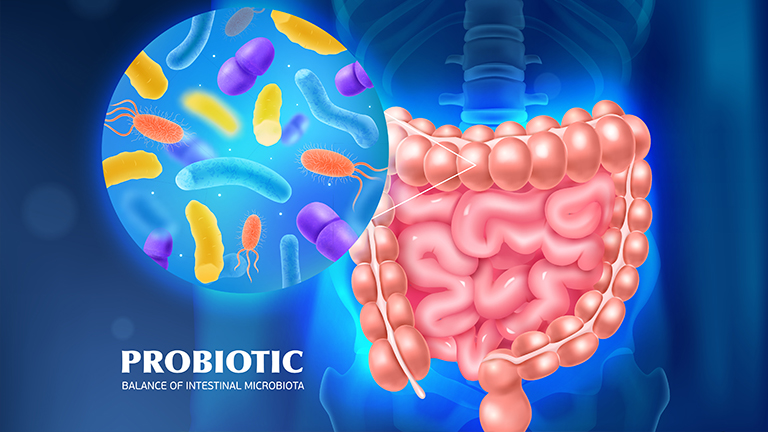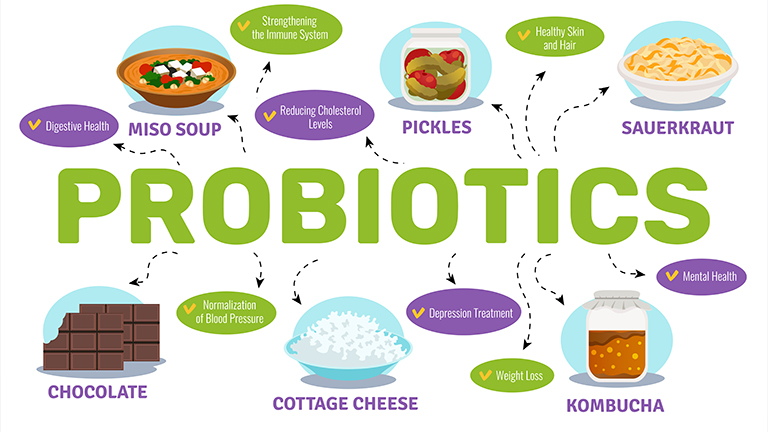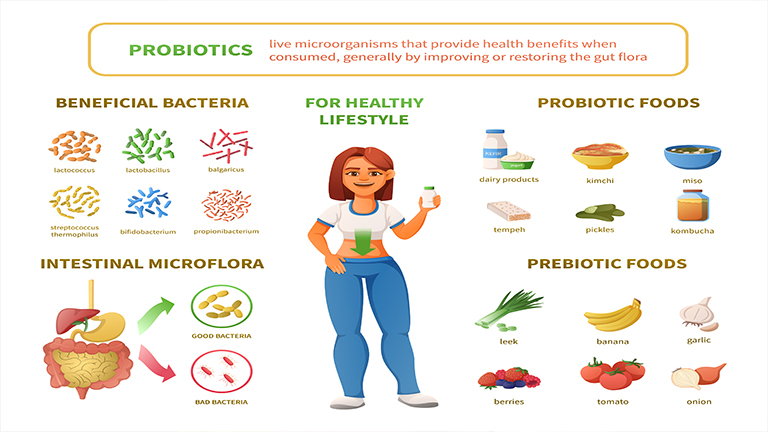Maintaining a healthy gut is key to your overall well-being, and probiotics play a major role in keeping your digestive system balanced. If you’ve been wondering “What is the best probiotic for gut health?”, you’re not alone. With so many options—from supplements to fermented foods—it’s important to know which probiotic strains, CFU counts, and formats are most beneficial for digestion, immunity, and overall health.
In this comprehensive guide, we’ll cover why probiotics are essential for gut health, the best probiotic strains, how to choose the right supplement, and expert tips to maximize their benefits.
Why Probiotics Are Essential for Gut Health
The human gut is home to trillions of microorganisms, collectively known as the gut microbiome. These bacteria, yeasts, and other microbes help with digestion, nutrient absorption, immune defense, and even mood regulation.
When the microbiome is in balance, you’re less likely to suffer from bloating, diarrhea, constipation, or digestive discomfort. But factors like poor diet, stress, antibiotics, and illness can disrupt this balance, leading to issues such as leaky gut, IBS, and inflammation.
This is where probiotics—live beneficial bacteria—come in. They help restore gut flora, improve digestion, strengthen the immune system, and support overall wellness.
The Gut Microbiome Explained
Your gut microbiome contains both good and bad bacteria. A healthy microbiome has a higher ratio of beneficial bacteria, which crowd out harmful pathogens and maintain gut barrier integrity.
Probiotics work by:
- Replenishing good bacteria after illness or antibiotics
- Producing short-chain fatty acids that nourish intestinal cells
- Enhancing nutrient breakdown and absorption
- Regulating immune responses
How Probiotics Improve Digestion
Probiotics support digestion in several ways:
- Reducing bloating and gas by breaking down food more efficiently
- Improving bowel regularity by balancing intestinal motility
- Minimizing diarrhea caused by infections or antibiotics
- Reducing symptoms of IBS and SIBO by restoring microbial balance
Top Probiotic Strains for Optimal Gut Health
Not all probiotics are the same—specific strains provide specific benefits. Here are the most researched and effective ones:
1. Lactobacillus acidophilus (for bloating)
This strain is excellent for digestive comfort, helping reduce bloating and mild constipation. It’s also found naturally in fermented foods like yogurt and kefir.
2. Bifidobacterium lactis (for immunity)
Known for strengthening immune defenses and reducing inflammation, Bifidobacterium lactis supports both gut and respiratory health.
3. Saccharomyces boulardii (for diarrhea)
This beneficial yeast is particularly effective against diarrhea caused by infections or antibiotics. It also helps with inflammatory bowel conditions.
How to Choose the Best Probiotic Supplement
When buying a probiotic for gut health, look for these key factors:
CFU Count (10–50 Billion Ideal)
CFU, or colony-forming units, measures the number of live microorganisms in a dose. For most adults, 10–50 billion CFU per serving is ideal for daily use.
Strain Diversity (Multi-Strain Benefits)
Multi-strain probiotics are often more effective because they target multiple areas of gut health, from digestion to immunity.
Shelf-Stable vs. Refrigerated
- Shelf-stable probiotics are convenient and travel-friendly.
- Refrigerated probiotics may offer higher potency for certain strains but require consistent cold storage.
Probiotic-Rich Foods vs. Supplements
You can get probiotics naturally from certain foods or in capsule/powder form.
Probiotic Foods
- Yogurt (with live cultures)
- Kefir
- Kimchi
- Sauerkraut
- Miso
- Tempeh
When Supplements Are Necessary
If you have digestive issues, have taken antibiotics, or need targeted strains, supplements ensure you get therapeutic doses of specific probiotics.
Potential Side Effects of Probiotics
Most people tolerate probiotics well, but mild side effects can occur, especially during the first week:
- Temporary gas or bloating
- Loose stools
- Mild stomach cramps
Who should avoid probiotics?
Those with compromised immune systems, critical illnesses, or severe pancreatitis should consult a healthcare provider before starting probiotics.
Expert Tips for Maximizing Probiotic Benefits
- Pair with prebiotics (fiber-rich foods like bananas, oats, onions, garlic, asparagus) to feed beneficial bacteria.
- Take probiotics at the best time—usually 30 minutes before a meal or as directed on the label.
- Stay consistent for at least 3–4 weeks to see noticeable results.
FAQs About Probiotics for Gut Health
- Can probiotics help with weight loss?
Some studies suggest that certain strains, such as Lactobacillus gasseri, may aid in reducing belly fat, but they should be part of a balanced diet and active lifestyle. - How long before probiotics work?
Most people notice digestive improvements within 1–2 weeks, but immune and skin benefits may take 4–8 weeks.
Final Thoughts
The best probiotic for gut health depends on your specific needs, whether it’s reducing bloating, improving immunity, or managing diarrhea. Look for multi-strain formulas with 10–50 billion CFU, pair them with prebiotic foods, and stay consistent for lasting benefits. Whether from fermented foods or high-quality supplements, probiotics are a powerful tool for maintaining a happy, healthy gut.



